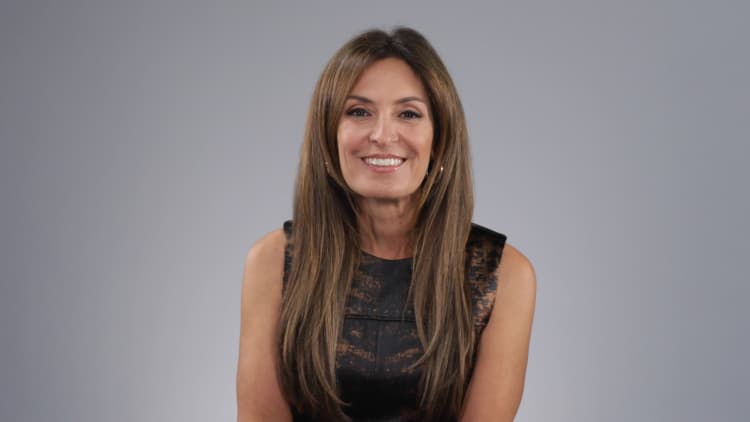Dear Work It Out,
I am leading software sales in a niche sector of semiconductors and have 15 years of sales and marketing experience. I recently started looking for a new job and have been asked by different recruiters and HR officers: “What are your weaknesses? Tell us three of them.”
This is perplexing. I mean, how easy is it to rate your three weaknesses? If you try to answer professionally, it’s hard to say even one weakness about yourself. Your thoughts?
Oh the dreaded “What’s your biggest weakness?” interview question...
And they asked for three weaknesses? Brutal.
In the obstacle course of job interviews, this is surely one of the toughest hurdles. If you say a “weakness” that actually makes you look good — like “I’m a workaholic” or “I care too much” — they’ll just think you’re phony. And if you’re honest and admit something that might be essential to the job, you could torpedo your chances.
Before you answer this question, I think it helps to put yourself in the hiring managers’ shoes and consider their motivations. Typically a manager has just 30 minutes with you to decide whether they want to work with you for the next several years. So they look for shortcuts to determine who you really are, what you’re good and bad at, and how you’d fit in.
I conducted an informal poll of 12 hiring managers in my network to find out what they’re after when they ask this interview question.
Across the board, they said they’re looking for self-reflection, awareness of what you need to improve on, and humility. They’re also hoping to get a sense of how your strengths and weaknesses would balance out those of current team members and what they’ll need to work with you on if hired.
If you try to dodge the question, it signals overconfidence and a lack of self-awareness — basically the opposite of what they want.
There are some wrong answers to this question, too. Implying that you don’t get along well with peers or managers, or that you have anger management issues or personal problems can raise red flags. And if you cite a weakness that is crucial to your success in the role, that could also get you disqualified.
The best answers are honest and thoughtful, and point to weaknesses that are relatively small and easy to improve. Time management and public speaking, for instance, are common problem areas that won’t reflect too poorly. Or, if you’re in a technical role, you could mention a new program or helpful but non-essential skill that you’d like to learn. Bonus points if you detail steps you’ve already taken to improve your weak point or how you would counteract it on the job.
Be warned that several hiring managers said they no longer ask the weakness interview question because they’ve found people’s answers to be unhelpful — but many ask slightly different questions to get at the same information.
For example, they might instead ask about your “areas of improvement,” how you “bounce back from mistakes,” or to rate your skill level on specific tasks.
In fact, one of my go-to interview questions — “On your best day at work, when you come home feeling energized and productive, what were you doing that day?” — is meant to tease out what people truly enjoy and are good at. And the follow-up question — “On your worst day at work, when you come home feeling drained and frustrated, what were you doing that day?” — is meant to suss out the things they really dislike and may not be as good at.
Ultimately, your best bet is to be honest… but not too honest. Let’s call it "strategically honest."
Have a pressing career concern or question? Email me anonymously at workitout@cnbc.com. Submissions may be edited for length and clarity.
Like this story? Subscribe to CNBC Make It on YouTube!
Don't Miss:



